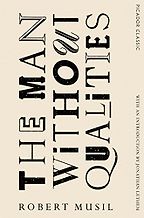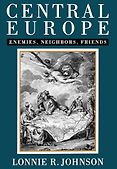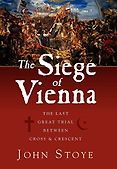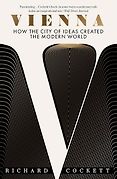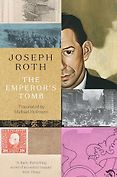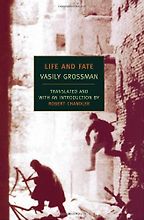Books by Robert Musil
“I would take this book to a desert island for a very good reason, which is that I’d never get to the end of it! It’s one of the longest unfinished novels ever written….The actual plot—if you can call it a plot—is the story of an attempt to think of something suitable to do for the celebration of Emperor Franz Joseph’s 70th year in power. He had come to power in 1848, so we’re talking about 1918. The novel has this somewhat surreal quality, partly because we, as readers, know that the Jubilee is never going to happen…Ulrich, who is the man without qualities—a good description—is a successful bureaucrat.” Read more...
Nicholas Parsons, Historian
Interviews where books by Robert Musil were recommended
-

1
Central Europe: Enemies, Neighbors, Friends
by Lonnie Johnson -

2
The Siege of Vienna: The Last Great Trial Between Cross & Crescent
by John Stoye -

3
Maria Theresa
by Edward Crankshaw -

4
Vienna: How the City of Ideas Created the Modern World
by Richard Cockett -

5
The Man Without Qualities
by Robert Musil -

6
The Capuchin Crypt (aka The Emperor's Tomb)
by Joseph Roth
The best books on Austria, recommended by Nicholas Parsons
The best books on Austria, recommended by Nicholas Parsons
Today, the Republic of Austria is a small country in Central Europe, but for centuries, it was the fulcrum of events going on in Europe, as the Habsburgs led the Holy Roman Empire—and later the multi-ethnic Austro-Hungarian Empire—until it all fell apart after World War I. Nicholas Parsons, author of the excellent The Shortest History of Austria, introduces us to books and novels that bring to life the history of a political, intellectual, and cultural powerhouse.
The best books on The European Civil War, 1914-1945, recommended by Andreas Wesemann
Andreas Wesemann says WWI reparations did not fuel the rise of Nazism – Germany hardly paid any. He tells the true story of the rise of fascism
